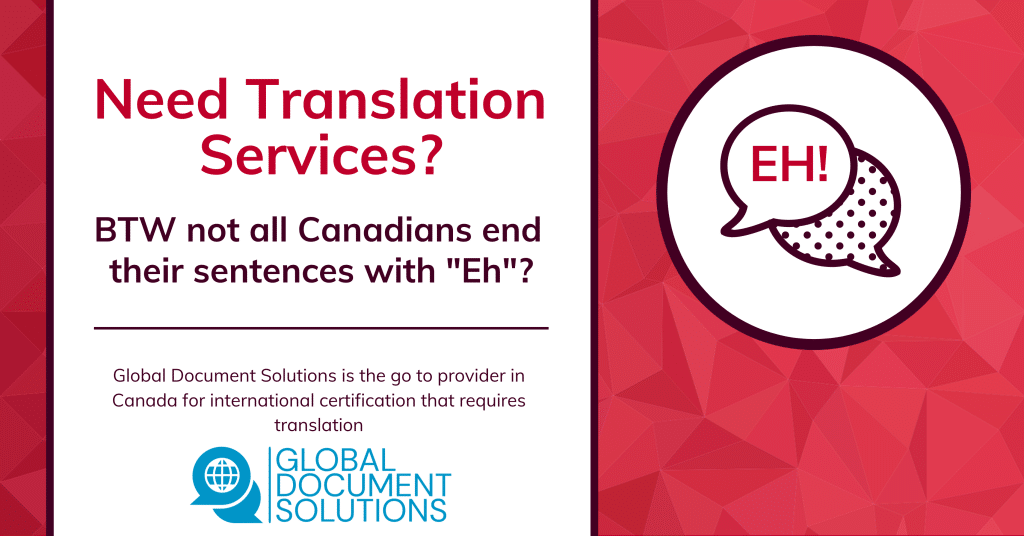
How to find a Canadian Certified Translator for Apostille or Authentication & Legalization
Finding a reliable and qualified Canadian Certified Translator is essential when translating official documents. Whether you need to translate personal documents, certificates, or other official papers, a certified translator will provide an accurate and professional translation that meets the standards of Global Affairs Canada and other relevant organizations. In this article, we will discuss the importance of using a Canadian Certified Translator, where to find one, and what the apostille or authentication and legalization process entails.
What is a Canadian Certified Translator?
A Canadian Certified Translator is a professional translator who has passed the necessary tests and obtained certification from their respective provincial association of translators. These translators have the skills and expertise to provide accurate and reliable translations, and their work is recognized by Global Affairs Canada and other organizations.
Where to Find a Canadian Certified Translator
Most provinces in Canada have their own association of certified translators, such as the Alberta Translators and Interpreters Association (ATIA) and the Société des traducteurs et interprètes du Québec (OTTIAQ). To find a Canadian Certified Translator in your province, you can search the directory of the appropriate provincial association. We provide translation services using our trusted partners so feel free to ask us.
- Alberta – ATIA
- British Colombia – STIBC
- Manitoba – ATIM
- Ontario – ATIO
- Quebec – OTTIAQ
- Saskatchewan – ATIS
- New Brunswick – CTINB
- Nova Scotia – ATINE
- Prince Edward Island – CTIC
- Newfoundland and Labrador – CTIC
- Nunavut – CTIC
- Northwest Territories – CTIC
Why Use a Canadian Certified Translator
There are several reasons why you should use a Canadian Certified Translator when translating official documents. First, a certified translator has the skills and expertise to provide accurate translations, ensuring that the meaning and intent of the original document are preserved. Second, a certified translator can support the authentication and legalization process, making it easier to have your Canadian documents recognized abroad.
The Apostille or Authentication and Legalization Process
The authentication and legalization process is the process by which your Canadian documents are recognized in another country. It involves having your documents apostilled or authenticated by Global Affairs Canada's Authentication Services Section in Ottawa or a provincial competent authority, and then legalized by the embassy or consulate of your destination country if its for a non-apostille country.
It is important to research the requirements for the authentication and legalization process in advance, or use a professional service to handle the process on your behalf.
In conclusion, using a Canadian Certified Translator is the best way to ensure accurate and professional translations of your official documents. By following the steps outlined in this article, you can find a qualified translator who can support the apostille or authentication and legalization process, making it easier to have your documents recognized abroad.

